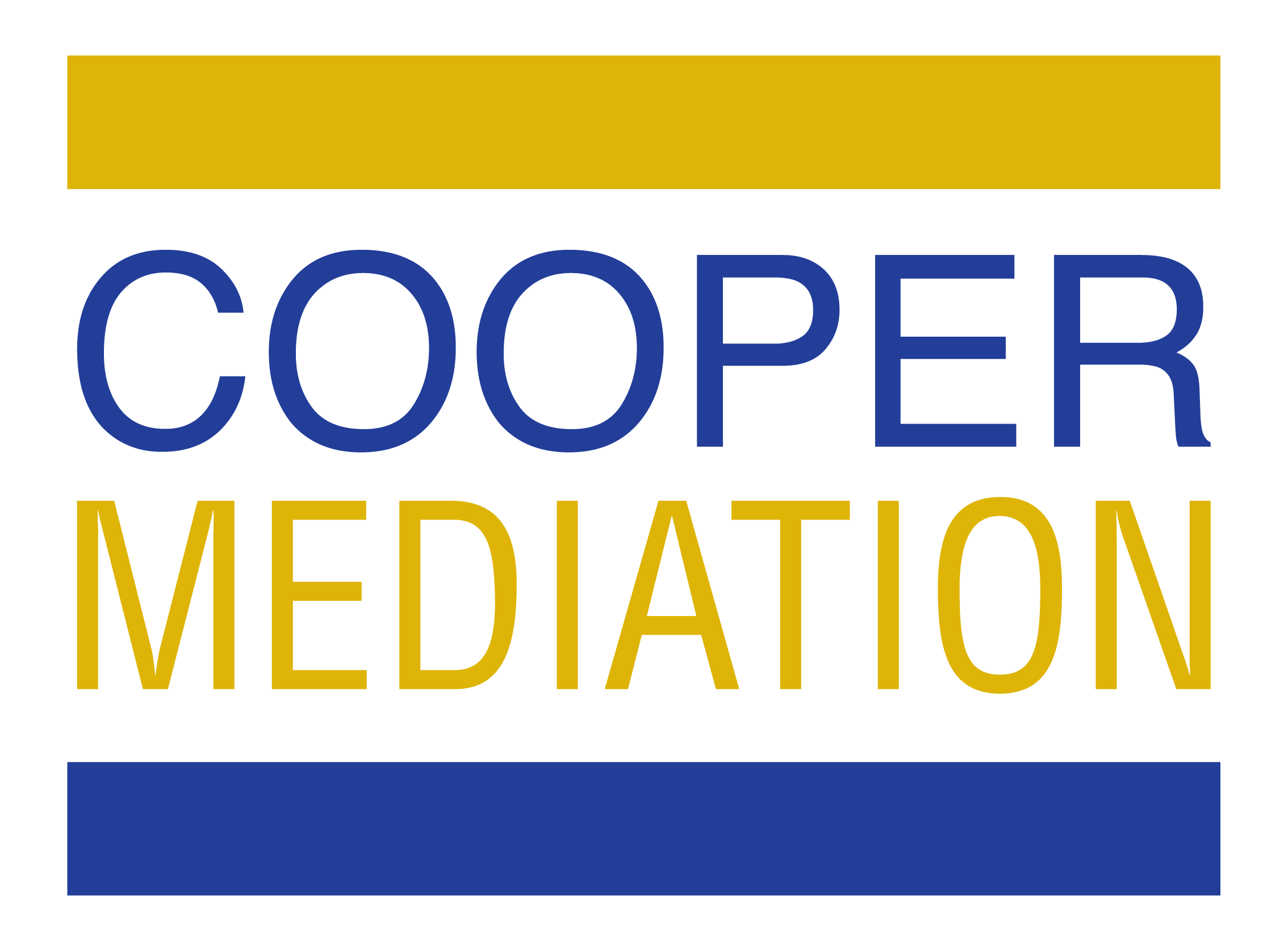
07 Dec Questions: The Path To Enlightenment At Mediation
In a recent newsletter, I noted that as the calendar year was drawing to an end, we were also at the beginning of the holiday season. Many people around the world happened to be celebrating special days or periods that shared a common feature – light. Whether this light was from fireworks, candles, or an illuminated display, the goal of these festivities was not only to literally brighten our day but also a chance to reflect on our lives and strive for a level of enlightenment.
In this blog post, I’d like to explain how to use questions to get a better understanding of another person’s ideas or state of mind, to express your own opinion without making a forceful or judgmental statement, and help yourself or other people to determine whether it’s time to make a deal. Well-considered questions often provide illuminating answers. If you use this information wisely, you can achieve a sense of enlightenment at mediation.
Questions That Lead to Enlightenment
Have you ever played the game “20 Questions”? A person thinks of something and other players have to guess what it is using only questions that can be answered with a “yes” or “no”. What might be a fun way to pass some time with friends would be an excruciating way to get information out of a person during a mediation.
While there is definitely a time when closed questioning can be a useful strategy, I find that open-ended questions (using interrogatives such as who, what, where, when, how, and why) are much more conducive to shedding light on a person’s mindset. Questions framed with these words give a respondent freedom to expand on their thoughts, motivations, and understandings of facts. A perceptive person who poses these kinds of questions may also glean small details another person may not have otherwise thought to share (or sometimes wanted to share).
Of course, if you are posing interrogative questions in a way that is too strident, confrontational or menacing, you’re unlikely to get the kinds of answers that lead to an enlightened conversation and negotiation. Remember, in a situation where you are trying to work with an opposing party to find common ground, leading with kindness and a degree of empathy usually helps your interests much more often than it hurts them.
Asking Questions Instead of Giving Opinions
Imagine the opposing party has just stated they plan to do something or make some argument at trial that seems absolutely ridiculous to you. You might think to yourself, “If they think that’s a reasonable move, there’s no way we can come to a settlement here.” If the first words out of your mouth are: “That plan is laughable and you can’t possibly think it will work”, you will probably anger the opposing party and make a settlement more difficult to achieve.
What if you expressed your exasperation more subtly? “That’s a novel plan / argument. How are you going to explain it at trial? What kind of success do you think you’ll have?” A question like this will prompt someone to explain their position rather than argue it. You can get your point across without raising the temperature in the room. Moreover, you often get much better quality information when someone attempts to explain their thinking rather than using more forceful language to defend themselves or score points on an opponent.
Handling “Cold Feet”
Sometimes a little enlightenment can lead to a reckoning. Once you’ve used questions to learn about the opposing party’s ideas and state of mind, they may be more amenable to reaching a mutually acceptable settlement. But even here, they may begin to ask themselves some last minute questions. “Should I really go through with this?” “Is this offer the best I can do?” “Have I thought about this enough to make a decision?” And, who knows – you may have some cold feet of your own.
Whenever we find ourselves with a choice to make, especially if it’s a choice with a lot riding on our decision, there is a chance we could get cold feet. The most important thing to remember is that having doubts is common, but there are ways to work through these doubts.
Express your own uncertainty or note the opposing party’s hesitation to the mediator. As trained professionals, we have (likely) encountered cold feet at critical moments in negotiations before. We have strategies for helping participants put their doubts into perspective – including asking some questions of our own. “Are you likely to get a result at another time or at trial that will be worth the risk of proceeding?” “What are the current sunk costs?“ “What are the likely costs and expenses to be incurred going forward either to advance the claim or to defend the claim?” “Are you prepared for the stress you may have in the interim while waiting it out?” “Have you learned anything in this mediation that dramatically alters your position in the zone of potential agreement?”
Conclusion
Ask and you shall receive. Ask the right questions and you shall receive the most useful answers.
More knowledge and more understanding is rarely, if ever, a bad thing. At mediation, asking questions to the opposing party (and yourself and of the mediator) can elicit information, ideas, and opinions that can provide a sense of enlightenment that will make decision-making all the more efficient and effective.
Relevant Blog Post
Ask (Properly) and You Shall Receive: Posing Questions That Give You The Answers You Want
ABOUT THE AUTHOR
 Vance Cooper is the principal of Cooper Mediation Inc. Vance devotes 100% of his professional time to mediating and arbitrating primarily personal injury and insurance cases. He serves as an arbitrator in loss transfer and priority disputes under the Insurance Act. Vance is a Distinguished Fellow of the International Academy of Mediators, a Chartered Mediator of the ADR Institute of Canada and a Certified Mediator by the International Mediation Institute. He was inducted to the Ontario Chapter of the Canadian Academy of Distinguished Neutrals (CADN).
Vance Cooper is the principal of Cooper Mediation Inc. Vance devotes 100% of his professional time to mediating and arbitrating primarily personal injury and insurance cases. He serves as an arbitrator in loss transfer and priority disputes under the Insurance Act. Vance is a Distinguished Fellow of the International Academy of Mediators, a Chartered Mediator of the ADR Institute of Canada and a Certified Mediator by the International Mediation Institute. He was inducted to the Ontario Chapter of the Canadian Academy of Distinguished Neutrals (CADN).
Vance can be reached at vance@coopermediation.ca or (647) 777-4011.
To schedule a mediation with Vance, visit: https://coopermediation.ca/vances-online-calendar/.
